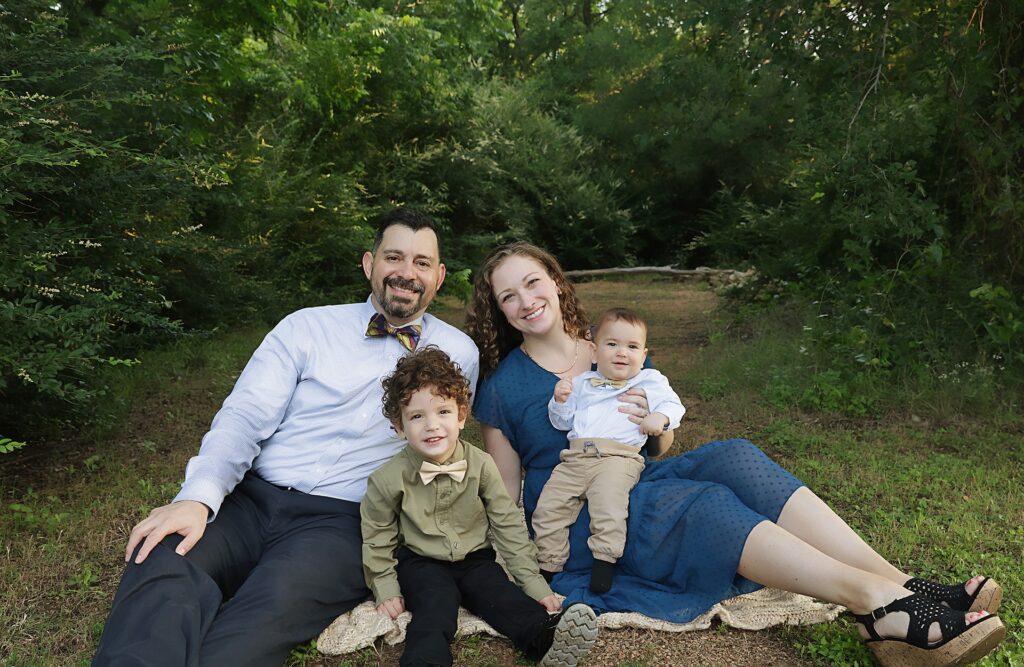
When seeking support for mental health, emotional well-being, or relationship challenges, the titles and degrees behind a clinician’s name can be confusing. Understanding the educational paths, clinical training, and professional focuses behind each mental health degree can empower you to find a provider best suited to your needs. This guide breaks down the most common degrees and what they typically prepare a person to do, including time to completion, clinical emphasis, and career outcomes.
Master’s level clinicians are often the front-line providers of psychotherapy and counseling services. Most programs take 2-3 years full time, including supervised clinical practicum.
Doctoral programs are the most advanced education paths for mental health professionals. These programs can take 4-7 years post-bachelor’s.

Understanding who does what in the mental health world can help reduce the intimidation factor and support you in choosing someone aligned with your needs. No one path is better than another—just different. The key is finding the person, and the approach, that helps you feel understood, empowered, and safe.
Copyright © 2025 Relateborhood. Brand by Gazaille Design and Motion Design by Animation Doc.
If you are experiencing an emergency, call 911. For suicidal thoughts, emotional distress, or substance-related crises, please contact the 988 Suicide & Crisis Lifeline